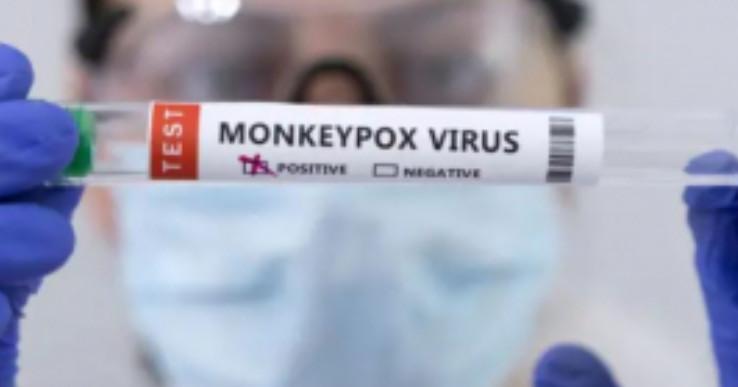Nigerian Doctors Warn Of New M-pox Strain, Urge Caution Over Bush Meat, Dead Animals

By Onoja Baba, Abuja, Nigeria
In a bid to curb the spread of the monkeypox virus (m-pox) amid concerns over a new strain, the Association of Resident Doctors at the University of Ilorin Teaching Hospital (UITH), Kwara State, has issued a warning to Nigerians.
The association, represented by its President, Dr. Yusuf Muhammed, urged the public to avoid consuming improperly cooked bush meat and to minimize contact with dead animals.
The warning follows the World Health Organization’s (WHO) recent declaration of m-pox as a public health emergency of international concern. This declaration came after an alarming outbreak in parts of Africa, which has seen the disease spread beyond its usual confines in Central and Western Africa to regions as far-reaching as Pakistan and Sweden.
M-pox, caused by the monkeypox virus, spreads through close contact with infected individuals, including touching, kissing, or sexual contact, as well as through contaminated materials like bed sheets and clothing. The virus manifests in painful rashes, flu-like symptoms, swollen lymph nodes, and fever, among other symptoms.
The recent outbreak has been particularly concerning due to the appearance of a new strain that may evade the immunity provided by previous exposure or vaccination.
Considering the situation, Dr. Muhammed assured the public that resident doctors in Kwara State are prepared to employ the same response measures used during the COVID-19 pandemic to tackle any potential m-pox outbreak.
He emphasized the importance of vigilance, urging Nigerians to report any suspected cases to health agencies for proper investigation and contact tracing.
“While m-pox is not entirely new, the emergence of this new strain is worrisome. The fear is that the antibodies developed from previous exposure or vaccination may not offer protection against this new strain,” Dr. Muhammed explained. “However, the public should not panic but instead be proactive in reporting suspected cases to ensure timely intervention.”
Despite the concerns, Dr. Muhammed highlighted that the smallpox vaccine has been shown to be effective against m-pox, although the extent of its effectiveness against the new strain remains uncertain.
He reassured the country that the UITH and the national body of the Association of Resident Doctors are closely monitoring the situation, staying informed by the latest scientific advice, and preparing to contribute to the global understanding of this evolving threat.
categories
recent posts





